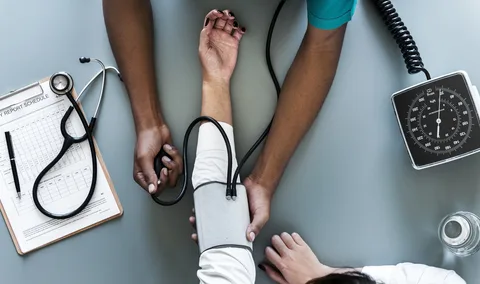Led by Hye-Chung Kum, a professor in the Department of Health Policy and Management, the research team reviewed various studies to understand the effectiveness and cost-effectiveness of self-monitoring of blood pressure by individuals with hypertension.
The findings, published in JAMA Network Open, suggest that patients who engage in regular self-monitoring of their blood pressure experience an improved quality of life and reduced healthcare expenses. By analyzing data from 16 studies, the researchers discovered that at-home and ambulatory blood pressure measurements were more cost-effective compared to traditional monitoring in healthcare offices. The study highlighted that at-home blood pressure monitoring, supplemented with additional support, can yield significant benefits. Similarly, ambulatory blood pressure monitoring was identified as the most cost-effective method overall.
Self-monitoring approaches were found to offer long-term benefits in terms of better blood pressure control, decreased adverse outcomes, and enhanced patient quality of life. Moreover, self-monitoring aids in the detection of masked hypertension, which often goes unnoticed during routine screenings, and helps in reducing white-coat hypertension, where blood pressure readings are higher in clinical settings than at home.
In addition to the health benefits, self-monitoring at home also facilitates easier communication with healthcare providers, timely advice, and increased patient motivation. The researchers stressed the importance of considering patient preferences when designing self-monitoring programs and advised that future studies should delve deeper into these preferences.
The review underscores the potential of self-monitoring of blood pressure in improving health outcomes and lowering healthcare costs. It suggests that having access to information on the benefits of at-home blood pressure monitoring can aid healthcare providers and patients in effectively managing hypertension and enhancing overall health. The study’s findings emphasize the need for further research to compare different self-monitoring approaches in greater detail and provide a more comprehensive understanding of their impact.
Note:
1. Source: Coherent Market Insights, Public sources, Desk research
2. We have leveraged AI tools to mine information and compile it



